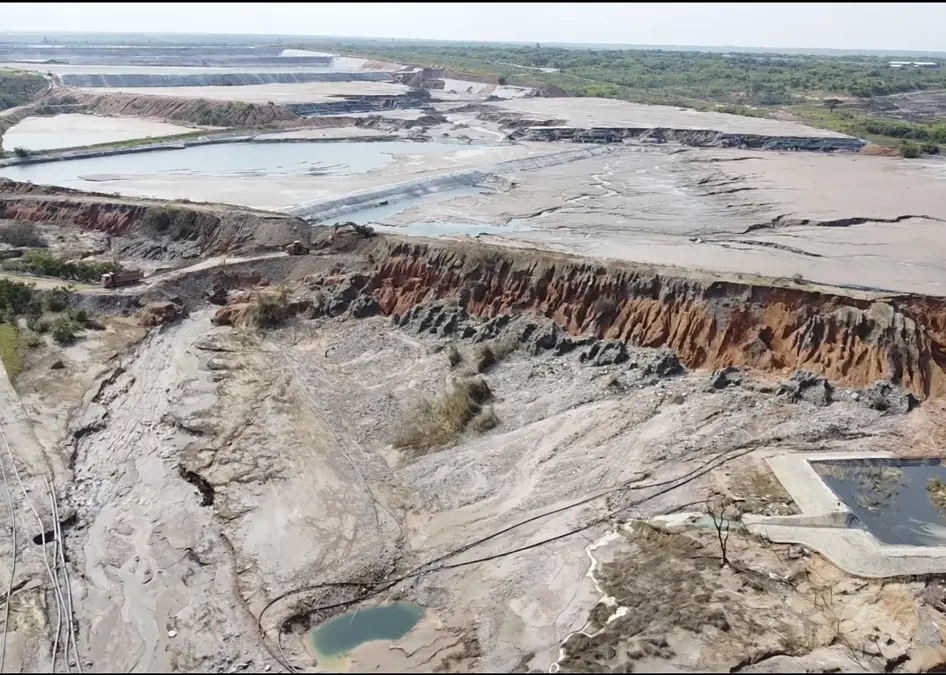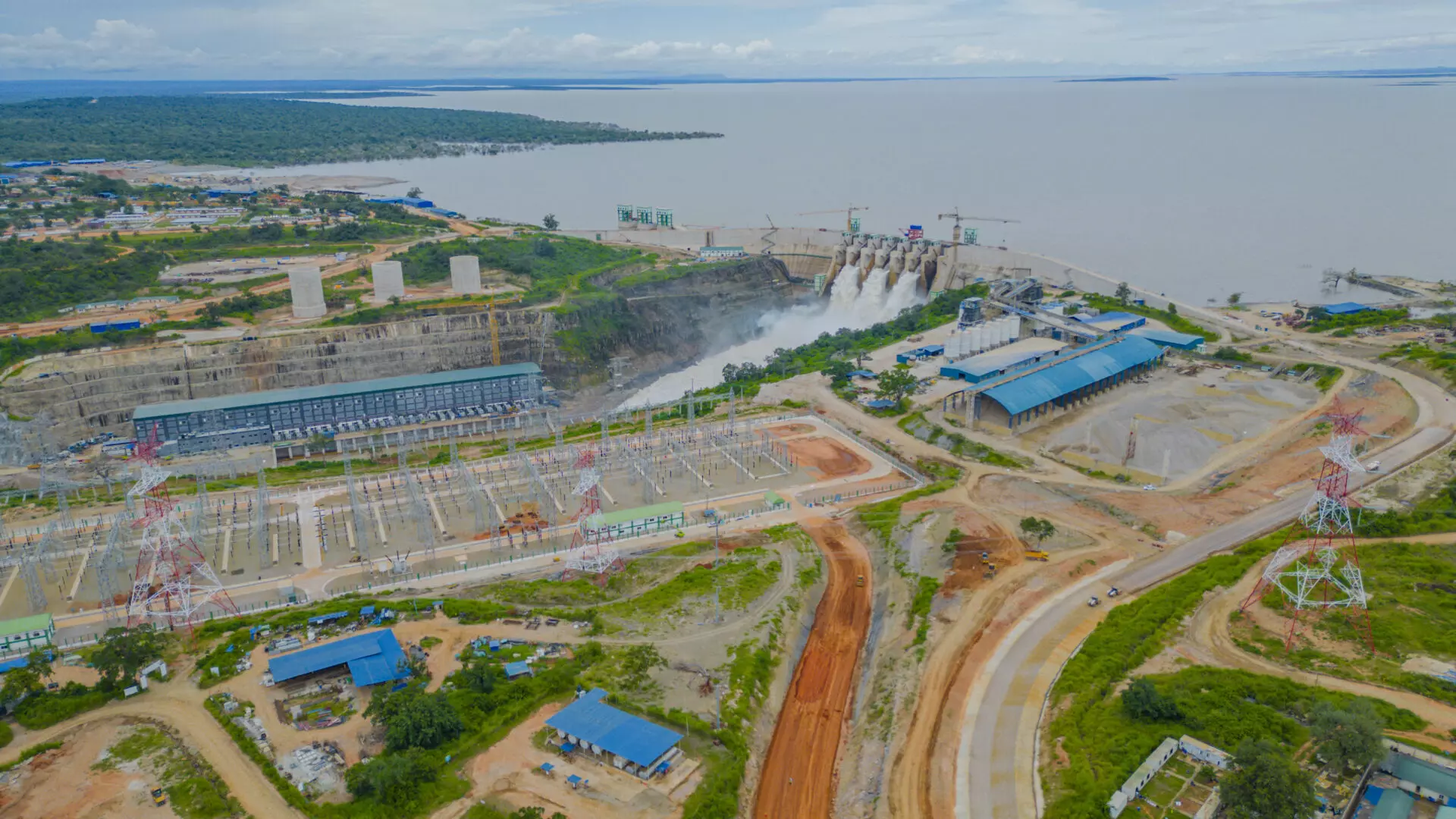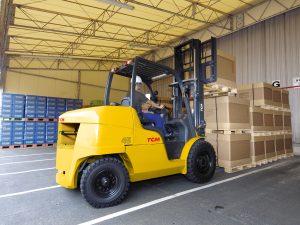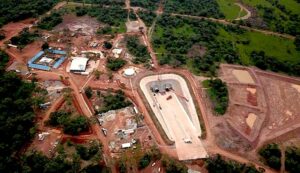Groups call to protect women, children working in Africa’s mines
FILE – Miners extract mud at a gold mining site where adults and youth work in Uganda, Oct. 18, 2021. As the race to acquire economically vital minerals unfolds, those in Africa’s mining sector are calling to protect the women and children laborers who keep it running.
As the global race to acquire economically vital minerals unfolds, those working in Africa’s mining sector are calling for the protection of women and children laborers who keep it running.
Women in Mining Africa, an advocacy group that aims to mitigate harsh working conditions in rural communities, organized a virtual meeting this week with organizations and experts. They are working to promote gender equity and social justice in the mining sector as demand for African resources continues.
“We seek to empower women in mining by advocating for equal access to resources, opportunities, and leadership roles across the continent,” said Comfort Asokoro Ogaji founded Women in Mining Africa, which works in 36 African countries.
“We also work to promote responsible mining and advocate for sustainable, ethical, and socially inclusive mining practices,” Ogaji said. “Child protection in mining communities is at the core of our mission and also capacity building and collaboration across the continent.”
Challenges women face in industry
The World Bank says women represent 30% of the industry known as Artisanal and Small-scale Mining, or ASM. However, women are often barred from entering the mines and relegated to lower-paying jobs.
According to the International Institute for Sustainable Development, women’s contributions are overshadowed by the historically dominant role of men, hindering women’s meaningful participation and resulting in unequal pay.
Women, unlike their male counterparts, also face gender inequality, violence and harassment.
Jose Diemel works as a senior adviser at Levin Sources, a consulting firm that drives the transition to just and sustainable minerals value chains. Diemal has worked with artisanal and small-scale miners in the Democratic Republic of Congo. She said the management of mining fields has improved over the years.
“I’ve seen the mentality change towards artisanal mining, and we slowly started to talk about artisanal management plans around the possibility of peaceful coexistence,” said Diemel. “And now we’re working at 11 sources, we very regularly receive a request from large-scale mining companies, industrial mining companies, to help them set up ASM management plans that range from peaceful coexistence to collaboration.”
Mining experts say miners are being empowered, receiving different ways to sustain their livelihood and undergoing safety training.
The small-scale miners also have been able to obtain loans to purchase equipment that ease their work, increase their product, and their income.
Call to get more women into sector
Thokozile Budaza advocates for women’s rights in South Africa, the largest platinum and manganese producer in the world. She said the voices of the resource owners and those working on them must be included in decision-making.
“African leaders can better anticipate the ripple effects of their policies and decisions and the lack of decisions ensuring that the benefits of mining are equitably distributed and the voices of the stakeholders, especially those marginalized, are heard and respected while dealing with investors coming into Africa to source critical materials for development,” said Budaza.
A World Bank report released at the 2024 Mining Indaba Conference urges implementation of gender-focused legislation to improve mining rules and regulations and promote greater participation of women in the sector.
The report also calls for changing property laws and land tenure agreements that restrict women’s ability to own land and access mineral resources.
Share this content:














